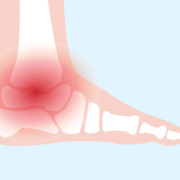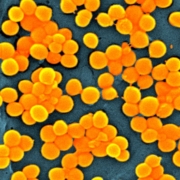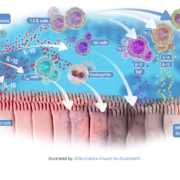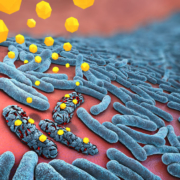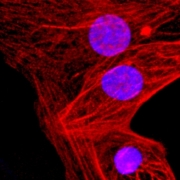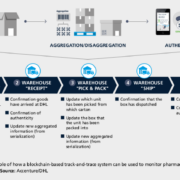Six times as many decision-makers attended the 3rd European Chemistry Partnering today- compared to the initial event two years ago: with participants from Brazil, Morocco and Australia, all six continents were represented for the first time. More than 2,000 partnering meetings formed the basis of interdisciplinary exchanges regarding innovation. In addition, there were countless discussions in the exhibition area, at the speaker corners and during the many networking opportunities.
ADVERTISEMENT
Researchers from the UK and the US have prevented tendon injury and degeneration by simply blocking a key signalling pathway in inflammation.
University Zurich spin-off Anaveon AG announced it will proceeds from its financing round to push development of its preclinical IL-2-receptor agonist.
The global antibacterial innovation network CARB-X has expanded its reach by adding six new life-science organisations to its fight against antimicrobial resistance (AMR).
Swiss pharma giant Roche has complemented its drug pipeline in the lucrative hemophilia A market by taking over hemophilia A gene therapy developer Spark Therapeutics for US$4.3bn.
Sodium chloride can promote immune responses that have been linked to atopic dermatitis. Researchers have now unraveled the mechanistic details between salt intake and activation of T cells.
Dutch autoimmunity specialist Calypso Biotech BV has raised €20m in a Series A financing co-led by Gilde Healthcare and Inkef Capital and co-financed by Johnson & Johnson Innovation – JJDC, Inc. (JJDC), and the company’s seed investor M Ventures.
Evotec AG and the Helmholtz Centre for Infection Research (HZI) have joined platforms in order to find novel resistance-breaking antibiotics against Gram-negative bugs.
Researchers for the first time have found a way to prevent immune rejection of allogenic iPSC-derived cell and tissue transplants.
Its only been nine years since the first blockchain technology applications in finance were introduced. Big players are now working to use distributed computing to protect pharma logistics from counterfeit drugs. Unlike current Internet-based solutions, the decentralised blockchain network is immune to manipulation or hacks, as transactions can be verified, recorded, and coordinated autonomously without third-party involvement.



